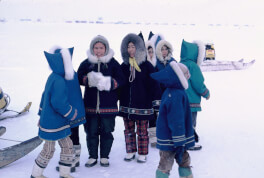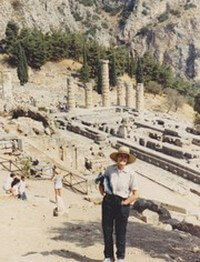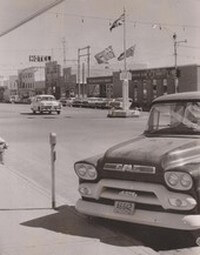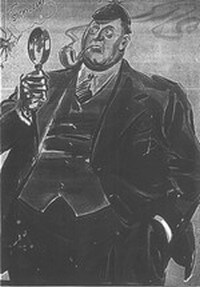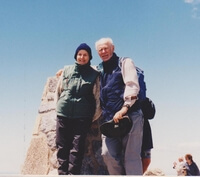In my experience there was no event more challenging than the fall of the Berlin Wall. The removal of the Berlin barrier on the 9 November 1989 started a process that moved the balance of power from East to West and set us on a path which eventually led to Muslim fundamentalism and its threat to world stability. This theme is partly explored in When the Lions are Drinking but my own duties at the time were more concerned with finding new markets for the British information service in Eastern Europe. The collapse of the Soviet Union was a great fillip for young diplomats who saw themselves as heads of missions in places that I had never heard of before. Gradually I got to know the geography and started dealing with broadcasters in places like Ulan Bator, Alma Ata and Bishkek.
I had never been to Berlin before. When the chance came to accompany one of Lil's office colleagues, Horst Flick, on a return visit to his native town of Berlin I jumped at the chance. Horst had served in the German air force in World War Two and was captured within two weeks of enlisting. He spent the rest of World War Two as a POW at the pleasant Surrey county town of Guildford. It was towards the end of the war and the German POWs were allowed to visit the Guildford cinemas. In this way Horst started to court Muriel, an English rose, who had caught his eye. Muriel's parents were absolutely appalled when their daughter started going out with Horst but they married and had a son. Horst maintained contact with the Old Country especially his boyhood friend, another Horst, who lived in East Berlin. When the wall came down Horst Flick drove along the autobahns and into the former capital clearly excited about the prospect of seeing his old friend again now liberated from the harsh tyranny of the old regime. When we got to Paul Robeson Strasse where Horst, a retired railwayman, lived in a comfortable flat and on a good pension, Horst from Guildford was astonished to find that Horst in Berlin was not exactly over the moon about the collapse of the wall. He was frightened about losing his pension and subsidized rent. Indeed there were a lot of people in East Berlin who saw the collapse of the wall as a harbinger of hard times ahead. This experience reminded me that the West consensus was not always the last word on a subject.
